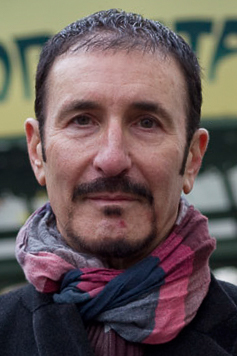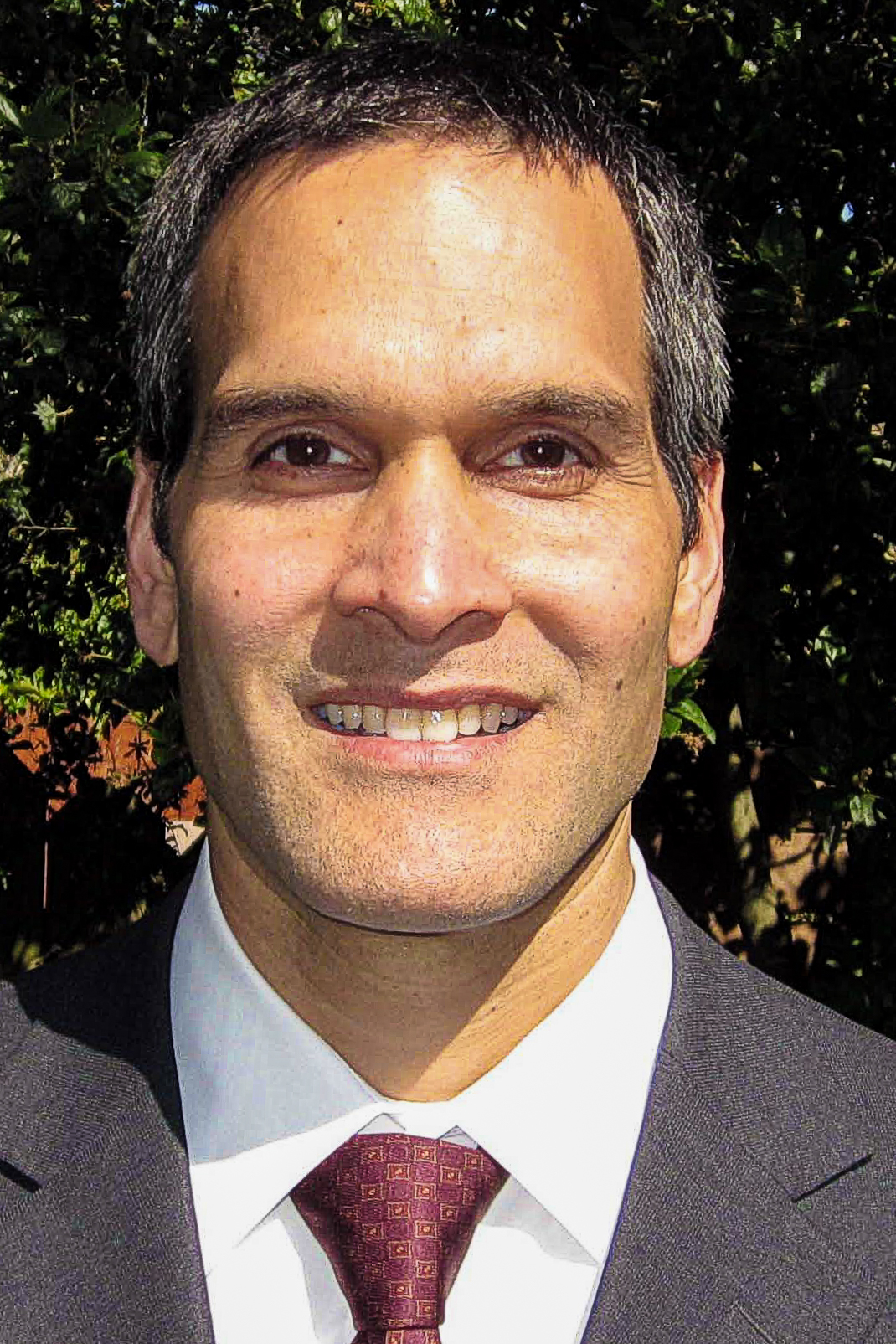Decriminalized Prostitution in Rhode Island Led to Fewer Rape, Gonorrhea Cases
A new working paper from Public Policy associate professor Manisha Shah and her co-author Scott Cunningham of Baylor University has made waves in the media for its groundbreaking research and surprising findings.
“Decriminalizing Indoor Prostitution: Implications for Sexual Violence and Public Health,” explores the results of seven years in Rhode Island’s history during which indoor prostitution was unintentionally decriminalized.
According to news reports, the state’s legislature amended a law in 1980 which created a legal loophole that decriminalized paid consensual sex if it took place privately indoors. This loophole went unnoticed until 2003, when police took a number of prostitutes to court and lost because of this unanticipated interpretation of the law. It wasn’t until 2009 that new legislation was passed to re-criminalize indoor prostitution.
For Shah and Cunningham, the incident served as a “natural experiment,” to explore the effect of decriminalizing indoor prostitution on the sex market, sexually transmitted infection, and the number of forcible female rape offenses.
Key findings from the study – that Rhode Island saw a large decrease in rapes and a large reduction in gonorrhea incidence for men and women post-2003 – have been widely covered by national and regional news media. Some reports note the fears of international organizations if prostitution is legalized.
- http://www.washingtonpost.com/blogs/wonkblog/wp/2014/07/17/when-rhode-island-accidentally-legalized-prostitution-rape-and-stis-decreased-sharply/
- http://blogs.wsj.com/economics/2014/07/14/researchers-decriminalized-prostitution-in-rhode-island-led-to-fewer-rape-gonorrhea-cases/
- http://www.vox.com/2014/7/15/5898187/prostitution-rhode-island-decriminalized
- http://time.com/3005687/what-the-swedish-model-gets-wrong-about-prostitution/
Shah and Cunningham say more work needs to be done to evaluate the full spectrum of costs and benefits associated with the Rhode Island experiment, and how to better understand the precise mechanisms that link the reduction in enforcement and the announcement of the loophole in 2003 to reductions in reported rape offenses and STI outcomes.
The paper offers a number of reasons for the declines, including the possibility that the decrease in rapes was “due to men substituting away from rape toward prostitution.” Shah and Cunningham acknowledge that these are currently speculations.
“Technically, our study has internal validity but not necessarily external validity,” Shah said. “What this means is that while we can speak to the effect of decriminalization of prostitution in Rhode Island, we cannot take this and speak out of sample to some other policy environment. But, in that sense, our study is no different from nearly all studies that seek to evaluate some kind of intervention/policy change.
Their study also cannot speak to the effect of decriminalization on human trafficking, which is something that has come up in all the recent press, Shah and Cunningham said. Data limitations don’t allow them to perform a meaningful analysis of that topic.
“Our contribution to this literature is twofold,” Shah and Cunningham wrote. “First, as far as we know, we are the first social scientists to evaluate the decriminalization of prostitution using a natural experiment. This allows us to provide the first causal estimates on the impacts of decriminalization…Secondly, police agencies, lawmakers, and prosecutors all over the US have responded to the growth on the indoor sex market by reallocating large amounts of resources toward arresting sex workers. This reallocation has been considerably costly for local police since the indoor market is more diffuse and hidden. This research can influence change in policies related to police effort of enforcement of laws against prostitution, particularly related to indoor sex work.”
Shah and Cunningham hope that their paper will focus research and policy toward a more rigorous evaluation of prostitution law and policy that moves away from anecdotal work. They stress the importance of good quantitative information about the effects of policies to better understand the costs and benefits of various policy alternatives.
As for the study itself, Shah and Cunningham said they were both surprised and unsurprised by the findings.
“Everything about this experiment is unusual, so in a way, we didn’t know what was more surprising — that a state could “accidentally” legalize indoor prostitution, that no one would practically know about it for 23 years, that we would be successful at obtaining so many different sources of data to investigate it, or that we would find reductions in reported rape offenses and gonorrhea rates,” they said.
“When we started this project, we had to admit to ourselves that we really didn’t know what we should expect. Given there hasn’t been much policy experimentation around this phenomena and almost no causal evidence on the topic, policymakers and academics haven’t had quality findings upon which expectations could be based.”


